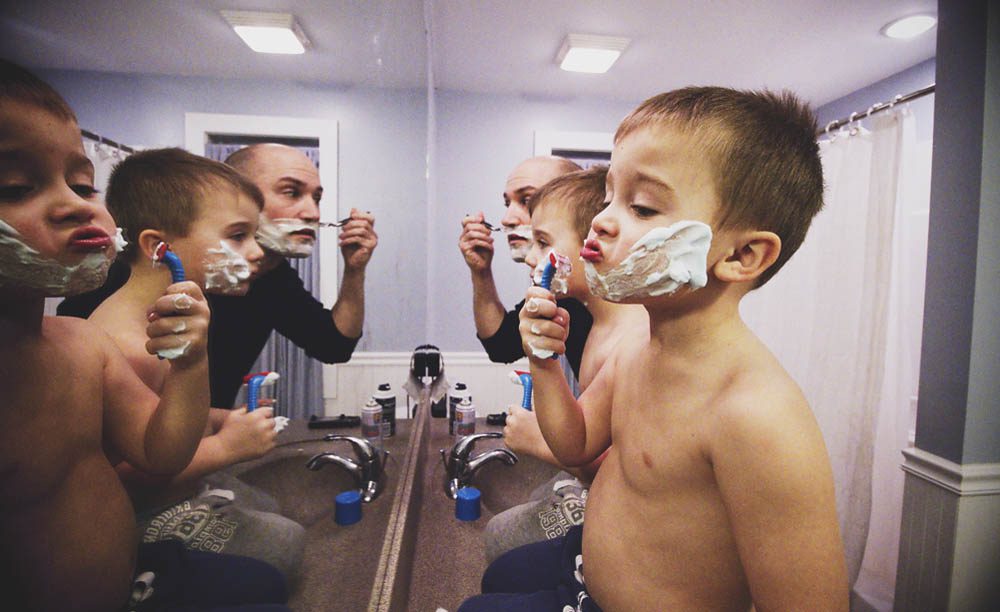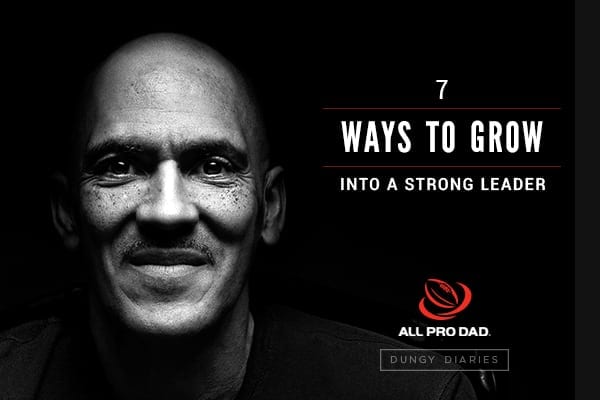“Everyone thinks of changing the world, but no one thinks of changing himself.”
―Leo Tolstoy
It’s easy to wonder what the future will hold for our children. We see the challenges that face the planet—climate change, deep divisions at home and abroad, extremism, and more—and the temptation can be to play it safe. Sure, we hope those issues get addressed, but our goals for our kids are to be safe, happy, and successful. But the fact is, our children will be the ones who shape the future of the world, for better or for worse. We will raise a change agent. But what kind of change will our children bring? And how can we raise our children to be adults who move us toward a more just, free, and healthy world?
While our children will make their own choices and shape their own futures, there are some things we can do to prepare them well to be change agents. Here are 5 ways to raise agents of positive change in the world.
1. Teach your kids to be self-differentiated.
Differentiation is understanding where you stop and another person begins. It means having a strong sense of self. You can’t be a change agent if you don’t have a clear sense of who you are and what you are and are not responsible for in the world.
2. Help your children take responsibility.
As parents, we often think it’s our job to take care of all the cleaning, cooking, and general upkeep of the home so our kids can do their thing: sports, homework, hang out with friends. But our children need to learn that they share responsibility for the space they inhabit. In order for the home to thrive, it takes everyone. Everyone takes turns helping with dinner, washing dishes, and straightening up when guests are coming. These are shared responsibilities. Sure, not everyone can help every night. But teach your children to take responsibility for the environment in which they live.
3. Foster creativity.
A future we don’t yet understand will need people who can engage creatively. The solutions that will solve tomorrow’s problems probably don’t exist yet. We often focus on obedience and performance with our kids, but what about creativity? Encourage creative pursuits. We need to allow our kids to be bored. Boredom is the birthplace of creativity. Musical instruments, art, creative play, reading fantasy novels—there are many ways to encourage creativity. We must become creativity coaches for our children.
4. Talk about real life stuff.
Obviously, this must be age-appropriate, but we can begin talking with our children about the actual stuff of life at any age. If your children are young, talk to them about what it means to show compassion and to have empathy; that people of all ethnic, religious, and cultural backgrounds deserve respect; that you can treat someone with dignity even if you disagree with him… If your kids are older (pre-teen and teen), talk to them about political, social, and environmental issues. Discuss emerging technologies. Help them think about the impact these things have on the moral sensibilities you are trying to instill.
5. Character trumps competence.
I know, we all want our children to excel in everything—school, sports, friendships—but in wanting that, we often overlook the one thing that will help them become the kind of people who both live well and do well in the world: character. We need to spend more time focusing on who our children are becoming than we do on how they are performing. To do this, you’ll first need to have an anchor point from which you derive your moral framework. Where do your moral sensibilities come from? How will you work to cultivate that worldview in your children? This will not happen accidentally and it must begin with you. If you care little for your own moral development, it will be difficult to properly cultivate your child’s.
Bonus: Just do it.
Who do you want your kids to become? Compassionate? Generous? Courageous? Model it. Do it with them. These characteristics take hold as they are lived.
Sound off: Where do you think the world needs a change agent right now?











Huddle up with your kids and ask, “What do you think I care more about: how you’re performing or who you’re becoming?”